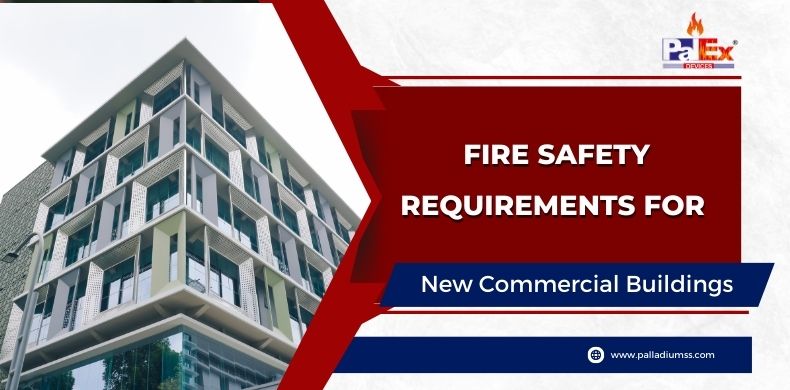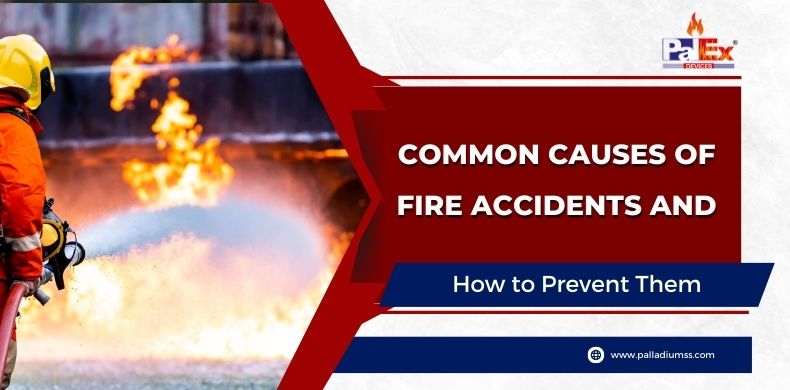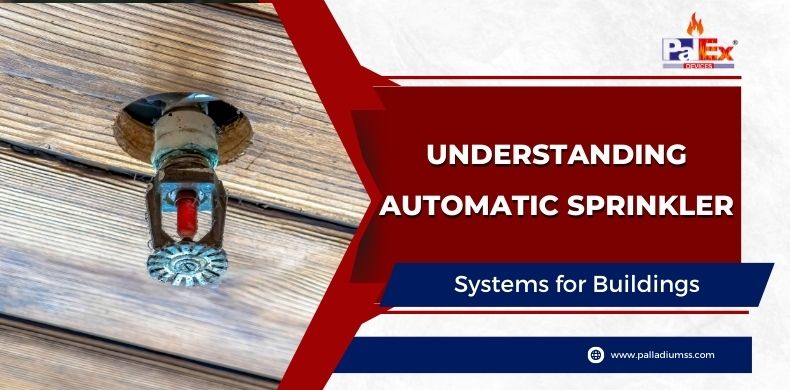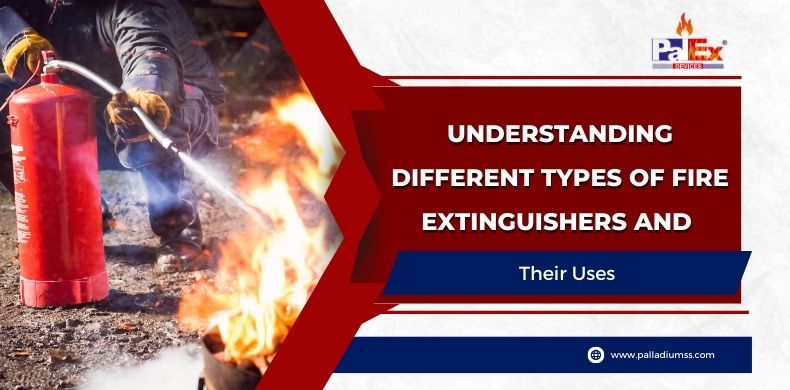Fire safety is not just a legal requirement—it’s about protecting lives, property, and businesses. When a new commercial building is planned or constructed, fire safety must be built into the design from day one. Offices, malls, hospitals, hotels, warehouses, and factories all face different fire risks, but the goal is the same: prevent fires where possible and ensure people can escape safely if a fire occurs.
Why Fire Safety Planning Matters from the Start
Fire safety is hardest and most expensive to fix after a building is complete. Planning it early helps:
- Save lives by ensuring safe evacuation
- Reduce damage to property and equipment
- Meet legal and insurance requirements
- Avoid costly redesigns and penalties later
A well-planned building makes fire safety part of everyday operations, not just an emergency response.
Fire Safety Laws and Building Codes
Every country and region has its own fire safety laws. In general, new commercial buildings must follow:
- National building codes
- Local fire department guidelines
- Occupancy-specific fire safety norms
These rules define how the building should be designed, what safety systems are needed, and how they must be maintained.
Before construction begins, fire safety drawings are usually submitted for approval to local fire authorities. Without approval, the building cannot legally operate.
Fire Compartmentation
Large buildings are divided into smaller fire zones. This helps:
- Stop fire from spreading quickly
- Give occupants more time to escape
- Allow firefighters to control the fire more easily
Safe Entry, Exit, and Evacuation Routes
Clear and safe escape paths are critical.
Staircases and Exits
- At least two fire exits are usually required
- Staircases must be fire-protected and smoke-free
- Exit doors should open outward and never be locked
Firefighting Equipment and Systems
A new commercial building must be equipped to fight small fires before they spread.
Fire Extinguishers
Different areas need different extinguishers:
- Water-based for paper and wood
- CO₂ for electrical equipment
- Foam or dry powder for fuel and chemicals
Extinguishers should be:
- Easy to access
- Clearly marked
- Regularly inspected
Fire Hose Reels and Hydrants
Larger buildings require:
- Internal fire hose reels
- External fire hydrants for fire engines
- Adequate water pressure at all times
Automatic Sprinkler Systems
Many modern commercial buildings require sprinklers:
- They activate automatically during fire
- Control or extinguish fire quickly
- Reduce smoke and heat damage
Smoke Control and Ventilation
Smoke causes more deaths than fire itself.
Smoke Ventilation Systems
- Smoke exhaust fans remove smoke from corridors
- Pressurized staircases keep escape routes smoke-free
- Basement areas need special smoke extraction systems
These systems help people breathe while escaping and improve visibility during evacuation.
Electrical and Mechanical Safety
Faulty electrical systems are a major fire cause.
Electrical Safety Measures
- Proper cable insulation
- Fire-resistant wiring for emergency systems
- Overload protection and earthing
HVAC and Mechanical Equipment
- Fire dampers in air ducts
- Automatic shutdown of air-conditioning during fire
- Proper clearance around generators and boilers
Fire Control Room and Monitoring
Large commercial buildings usually require a fire control room.
This room includes:
- Fire alarm control panels
- CCTV monitoring
- Building layout and fire zone maps
- Communication systems
It acts as the command center during emergencies.
Accessibility and Fire Safety for All
Fire safety must consider everyone.
Inclusive Design
- Audible and visual alarms
- Ramps and wider exits
- Refuge areas for people with disabilities
Buildings should allow safe evacuation for elderly people, children, and individuals with limited mobility.
Fire Safety Signage and Instructions
Clear signage saves precious seconds.
Required signs include:
- Exit direction arrows
- Fire extinguisher locations
- “Do Not Use Lift in Case of Fire” signs
- Floor evacuation plans
Signs must be visible, simple, and understandable.
Fire Safety Training and Drills
Even the best systems fail if people don’t know what to do.
Mandatory Training
- Fire extinguisher usage
- Evacuation procedures
- Alarm response steps
Fire Drills
- Conducted at regular intervals
- Help occupants stay calm during emergencies
- Identify evacuation bottlenecks
Training turns panic into organized action.
Fire safety in new commercial buildings is about planning, prevention, and preparedness. From fire-resistant construction to alarms, exits, and trained occupants, every element works together to protect lives.
A building that follows fire safety requirements is not just legally compliant—it is safer, more reliable, and more trusted by employees, customers, and authorities.












